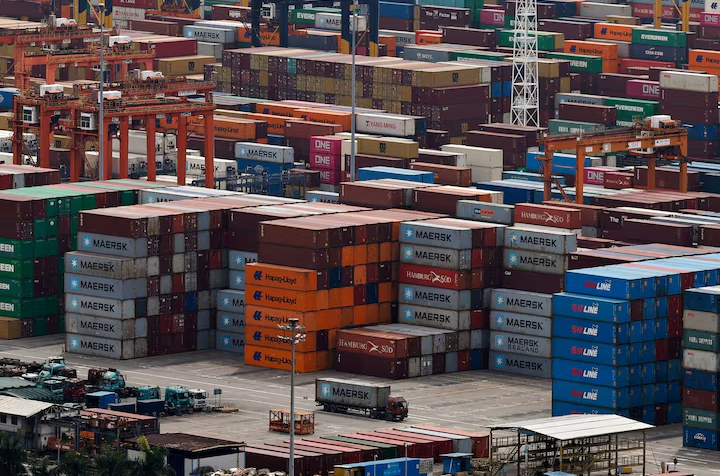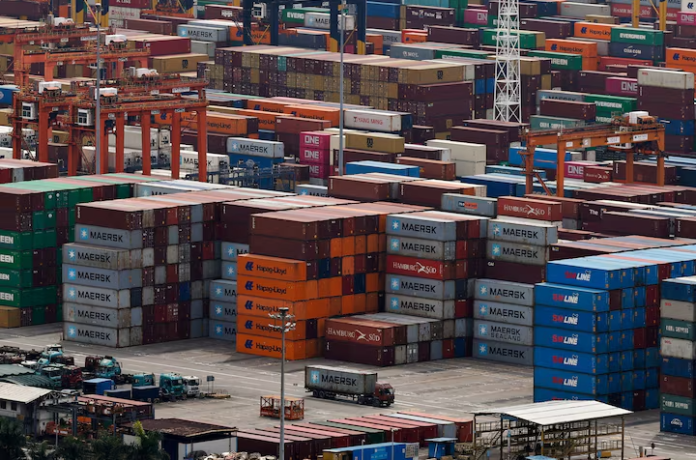China has fired back in the ongoing global trade battle, imposing heavy anti-dumping duties—up to 74.9%—on a specific kind of plastic imported from the United States, the European Union, Japan, and Taiwan. The move, announced on Sunday, targets POM copolymers, a high-performance engineering plastic used in various industries including automotive, electronics, and medical devices.
The decision wraps up an investigation that began in May 2024, shortly after the United States imposed sweeping new tariffs on Chinese goods like electric vehicles and semiconductors. The Chinese Ministry of Commerce concluded that companies from the four regions were dumping POM copolymers in the Chinese market at unfairly low prices, harming local manufacturers.
The steepest penalties are aimed at U.S. exporters, who now face duties as high as 74.9%. European shipments will see tariffs of 34.5%, while Japan has been hit with 35.5%—with one exception. Asahi Kasei Corporation, a major Japanese chemical firm, will benefit from a lower, company-specific rate of 24.5%. Meanwhile, imports from Taiwan will face a general duty of 32.6%, except for Formosa Plastics and Polyplastics Taiwan, which received significantly lower rates of 4% and 3.8%, respectively.
These measures build upon preliminary tariffs introduced in January, which were implemented as cash deposits while the investigation continued. China’s Ministry stated that the evidence of dumping was conclusive, and the new duties would protect its domestic industry from significant financial damage.
This latest trade move comes amid cautious optimism that U.S.-China relations might be on the mend. Earlier this week, both countries announced a 90-day tariff truce, agreeing to cut back some of the previously imposed duties. The Chinese state-run Global Times has already called for the temporary deal to be extended, signaling Beijing’s interest in longer-term cooperation—despite its recent assertive actions.

However, trade tensions remain high across the globe. At a recent Asia-Pacific Economic Cooperation (APEC) meeting in South Korea, member nations warned of deep-rooted issues threatening the global trade system. Their communique emphasized the need for open, transparent, and rules-based international commerce—highlighting just how fragile the current climate has become.
While China’s new tariffs may seem like retaliation, they also represent a broader trend: governments increasingly using trade measures to protect strategic industries. In this case, POM copolymers—valued for their strength and durability—are seen as critical to manufacturing and technological innovation.
As the global economic landscape continues to shift, businesses and governments alike will be watching how this latest development impacts supply chains and trade dynamics.



